It’s been a rollercoaster for the used electric car market over the past few years.
In the aftermath of the Covid pandemic and the following chip crisis restricting the supply of new cars, some used EVs were commanding more than their original list prices.
But with a much broader array of EVs going on sale, decent availability and widespread uncertainty about EVs, prices slid dramatically. Indeed, data from market analyst Cap HPI shows that by September 2024, a three-year-old EV was some 8.5% cheaper to buy than a petrol car of equivalent age and mileage.
However, that trend is now changing again. In the latter half of 2024, used EV values stabilised and actually rose very slightly against falling used ICE car values.
And the Society of Motor Manufacturers and Traders recorded more than 53,400 used electric car sales in the third quarter of 2024, a rise of 57% on the same period in 2023, so the lower prices are certainly driving demand.
This of course is either terrible or brilliant news, depending on whether you’re selling or buying. But regardless of this mercurial market, there has never been such a great variety of used EVs at such low prices, so now is a superb time to buy before those prices rise any further.
What to look out for when buying a used EV
The golden rules for buying a used EV are much the same as for a used ICE car: checking for even gaps and matching paint across all the panels for signs of accident damage, reading its previous MOT test reports and running thorough checks on its history for finance, theft or other misdemeanours. All of that still stands.
Right, now for the big thing: the battery. This is what worries most buyers. We all know that batteries degrade over time and usage, yet very few EVs offer a battery health readout on the dashboard.

We would be the first to point out to legislators that a clear battery health readout would be very simple for manufacturers to provide and should be mandated in order to improve buyer confidence.
There’s no reason why checking battery life on your EV shouldn’t be just as simple as checking the battery life on your phone. But, frustratingly, it’s not. And it’s understandable why that makes people edgy about buying a used EV.
The thing to remember is that EV battery longevity is very good these days, and as a rough guide you should expect one (regardless of whether it uses nickel-manganese-cobalt or lithium-iron-phosphate chemistry) to lose roughly 1.6% to 2.0% of capacity each year.

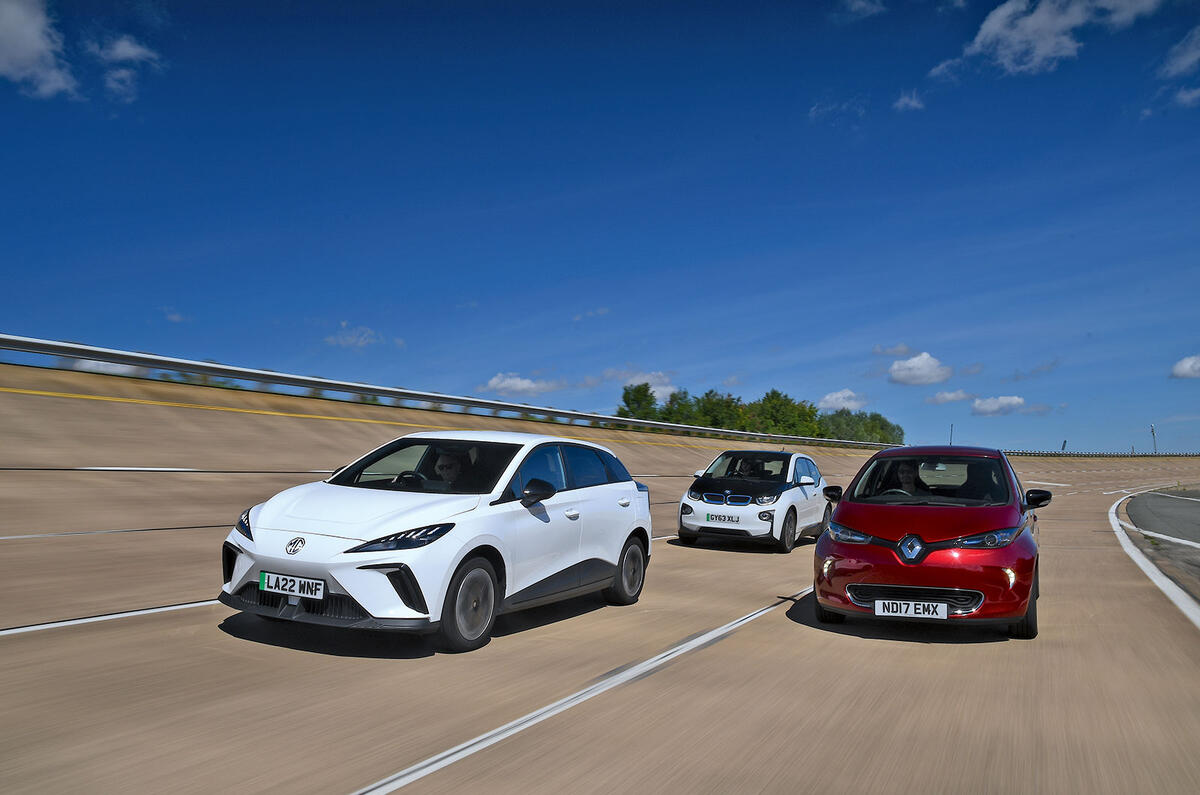
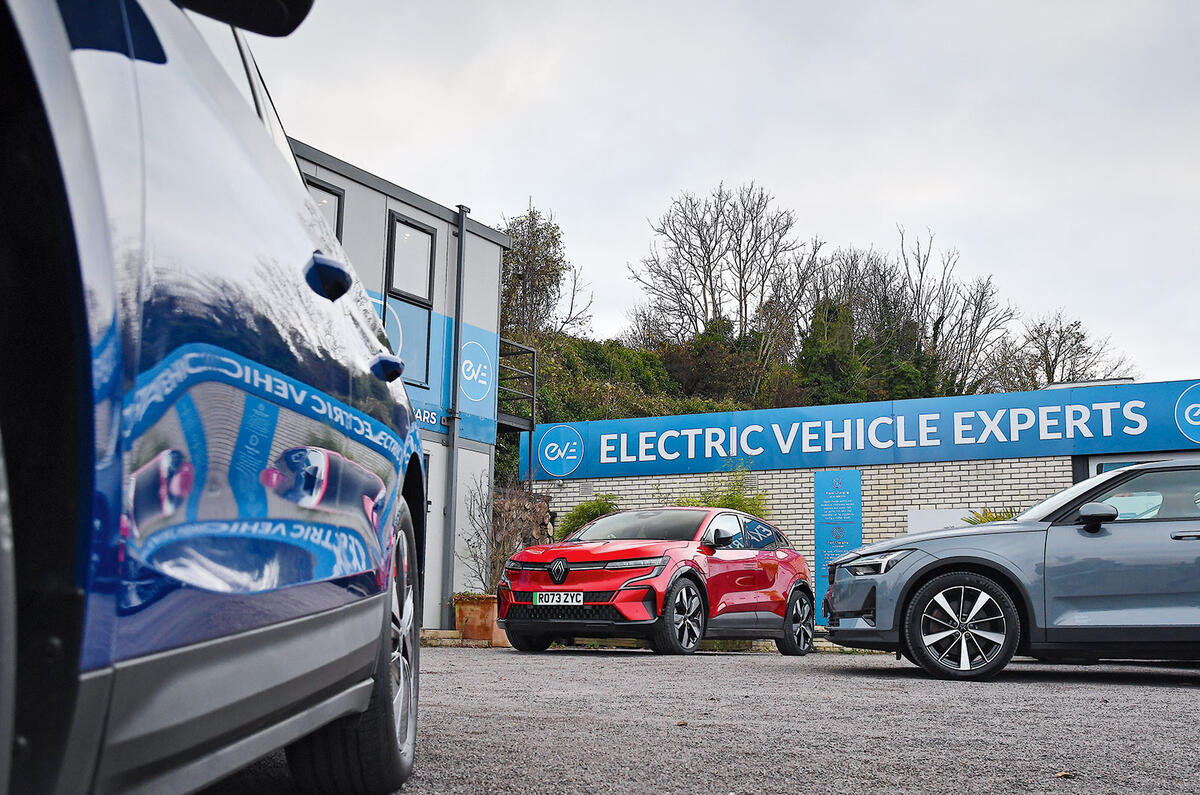
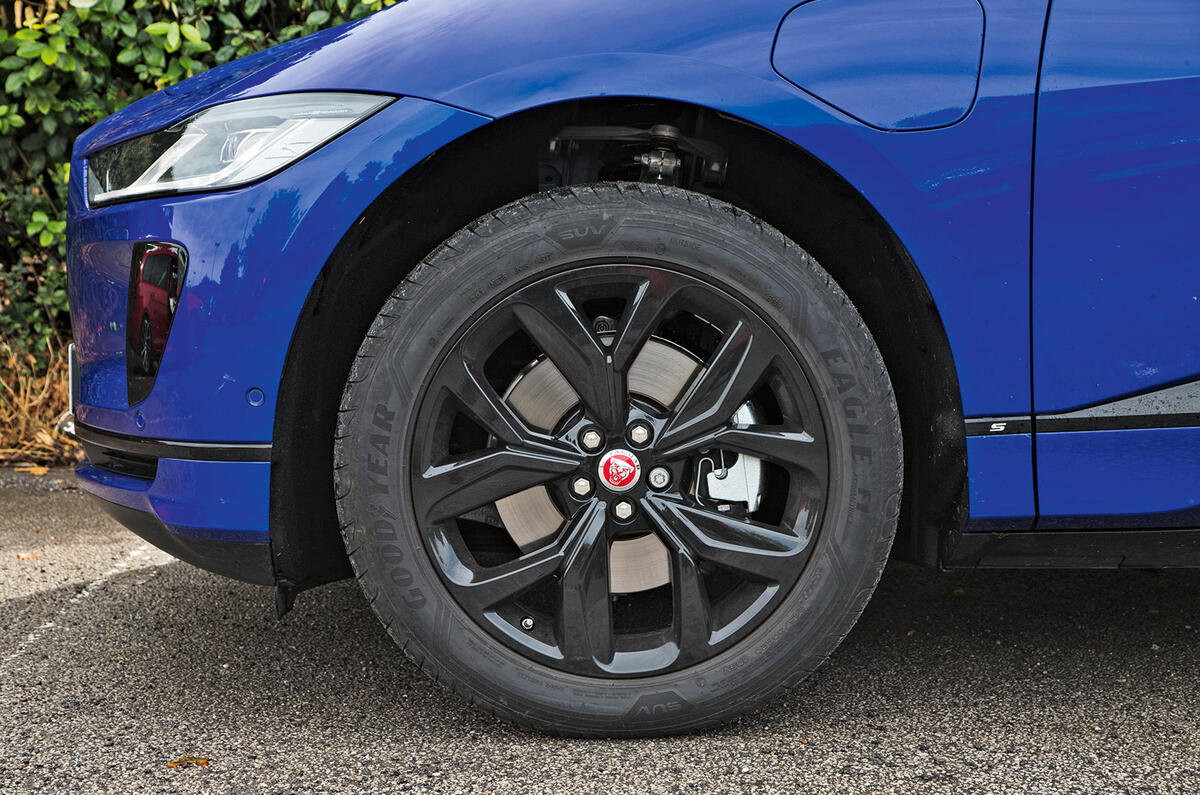
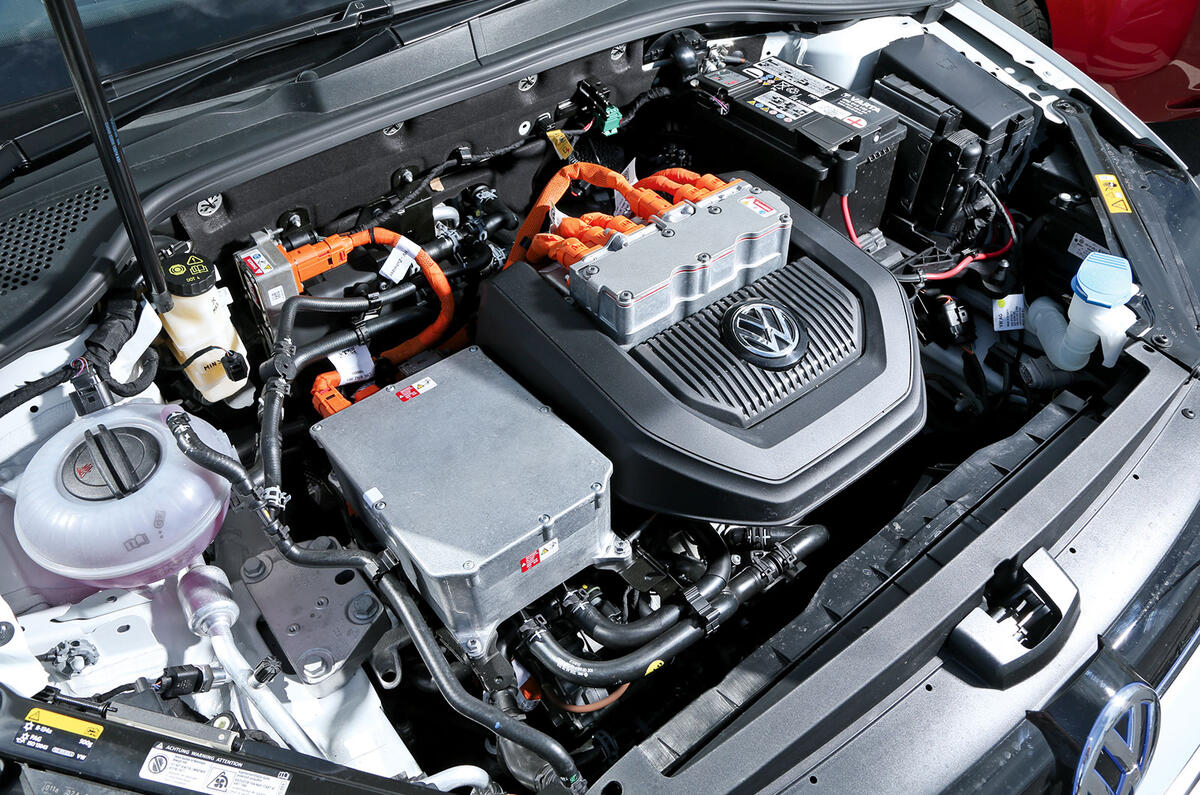
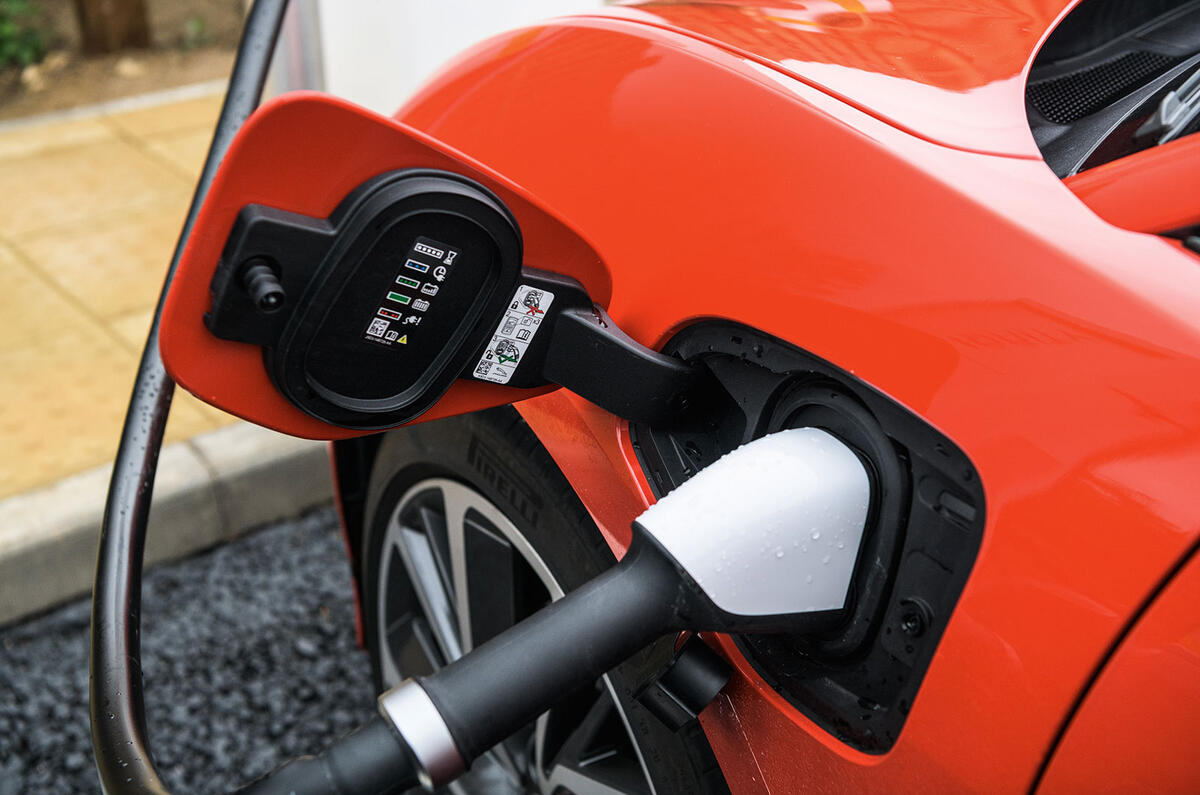

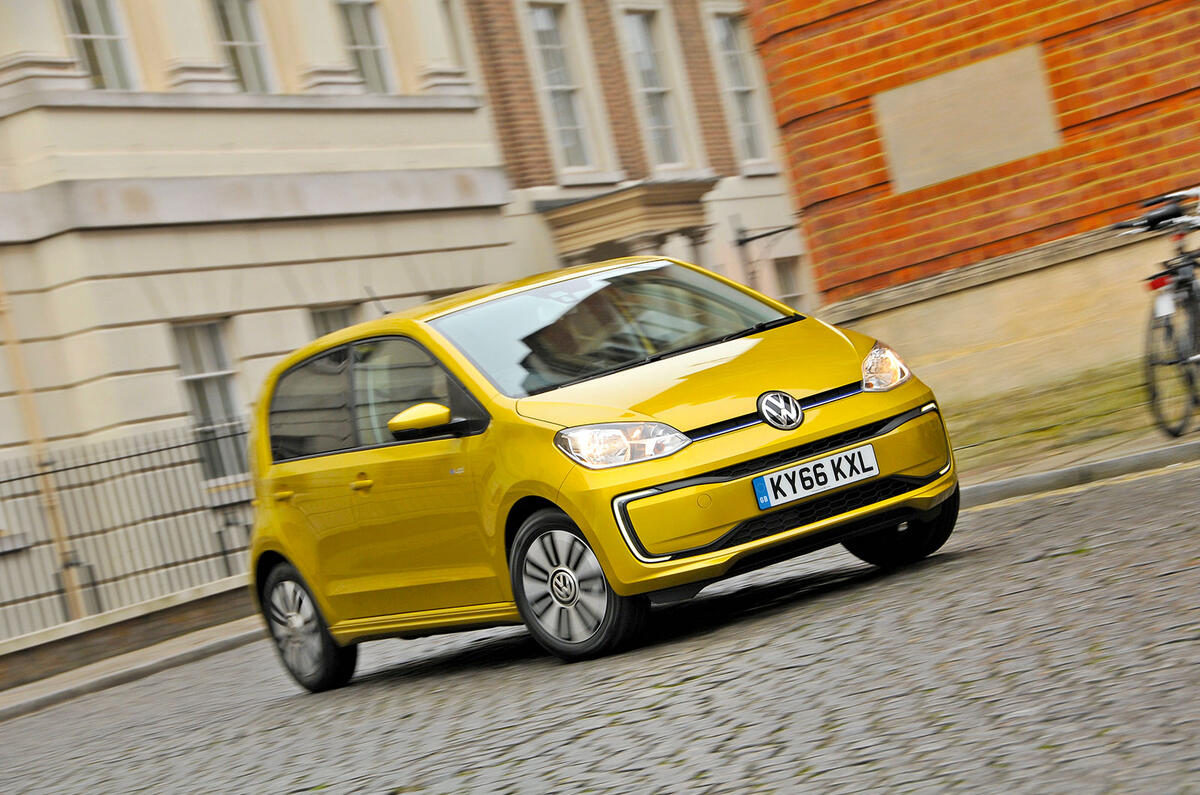




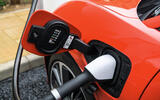

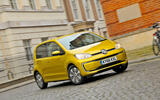







Join the debate
Add your comment
I've never driven an EV let alone bought one, but would an insistence on a half hour test drive across 10-20 miles of mixed roads not give you a realistic idea of the battery's current range?
Having purchased our first EV some 2 months ago all I would say to any potential buyers is don't rule out basic charging from your regular electrical outlet in your garage. My wife gets home each day around 5:30pm, we plug the EV in, it charges at approx 4 miles per hour, so come 6am its capable of having charged just over 48 miles. Her commute to work and back each day is a total of 11 miles. Think really carefully about what you actually use your car for, not what you 'might' one day do. The car has 330 range fully charged, and if you use full regen braking then urban driving becomes very range favorable.
Your BEV charges at 4 miles per hour, only 48 miles after over 12 hours of charging, are you sure? Sounds like you charging with a USB charger lol!
Surely you'd want to a dedicated fast charger so as to use your 'high range' BEV as much as possible rather than mainly 6 mile commutes.
Meant 11 mile commute, actually are you from the USA?
Certainly not. He is a communist commuter from comoros
Some nice banter on here as usual, thought I'd wrongly gone to the "Comedy Channel'. Anways, in no particular order, ex-pat living in the USA, vehicle is a Honda Prologue, the point I was highlighting is that auto journalists go on about range anxiety, superchargers etc when 'reviewing' the car, but if your a punter considering am EV just think about what tou actually use your car for.
In our case we knew that the wife only does more than say 50 miles a day maybe once a month, so we can overnight charge the EV in our garage every day by just plugging it into the existing electrical outlet with the charging cable supplied with the vehicle and it charges up at 4 mils charge per hour. No extra charging network expense, no looking for a charger, no sitting around with Tesla drivers, no range anxiety, its just like using your cordless toothbrush, plug it back in when you finish using it, unplug it next time you want to use it. EV ownership really can be that simple if the EV suits your actual daily usage.
Wasn't rude or anything just couldn't work out why you were only putting 4 miles an hour in your car. Turns out you're on a much lower voltage than over here which might have been worth pointing out at the time.
I hope your wife doesn't drive at 4 miles per hour. What is the cost of a decent wall charger? Then you can charge at least 40 miles per hour.
Fitted in the garage about 500 (parts and labour) but unecessary for us as the 4 miles of charge per hour we currently enjoy from the existing wall socket (performed overnight when we are sleeping) exceeds the daily draw on the battery from the vehicles use. If the vehicle was say doing 100 miles per day then I would agree a decent wall charger would be the way to go (Honda currently offers a 300 credit towards a wall charger, or 300 of charging credits, we chose the latter).